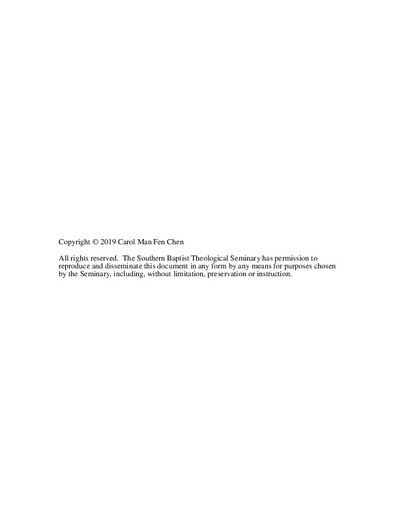| dc.description.abstract | This dissertation involves four interrelated subjects: justification, sanctification, union with Christ, and covenant theology. It is comprised of four main parts, set forth with the thesis that the nature of the biblical covenants God makes with humans is both unconditional and conditional (or unilateral and bilateral), which undergirds the two basic covenantal benefits of justification and sanctification that believers receive in union with Christ. I substantiate my argument with teachings of the Reformer, John Calvin; his successors, the Reformed covenant theologians of the sixteenth and seventeenth centuries; and biblical covenants as evident in Scripture.
Chapter 1 introduces the thesis, and chapter 2 presents brief historical and contemporary challenges to the Reformation doctrine of justification by faith alone, and describes contemporary responses to these challenges from those who proposed union with Christ and covenant theology as solutions. As constructive as they are, these solutions neglect the historic understanding of an unconditional and conditional covenant of grace as the foundation for holding justification and sanctification together as distinct yet inseparable.
Chapters 3 and 4 present the historical retrieval of covenant theology by exploring the unity and continuity of covenantal thought from John Calvin to Reformed Orthodoxy. In doing so, the chapters affirm justification and sanctification as duplex-gratia (double-grace), distinct but inseparable, in union with Christ through a unilateral and bilateral, mutual covenant of grace.
Chapters 5 and 6 survey key temporal and biblical covenants in Scripture from both the Old and New Testaments to demonstrate that the covenants God makes with humans are always unilateral and bilateral in nature. These chapters further show that the elements of divine benevolence and human responsibility run through these covenants and, thus, evangelical obedience to the covenants is always required.
Chapter 7 presents theological synthesis explaining the significance of the biblical covenants as both unconditional and conditional in relation to the doctrines of justification and sanctification as discussed in current theological debates.
Chapter 8 poses some practical implications for Christians today based on this dissertation’s thesis. | en_US |

